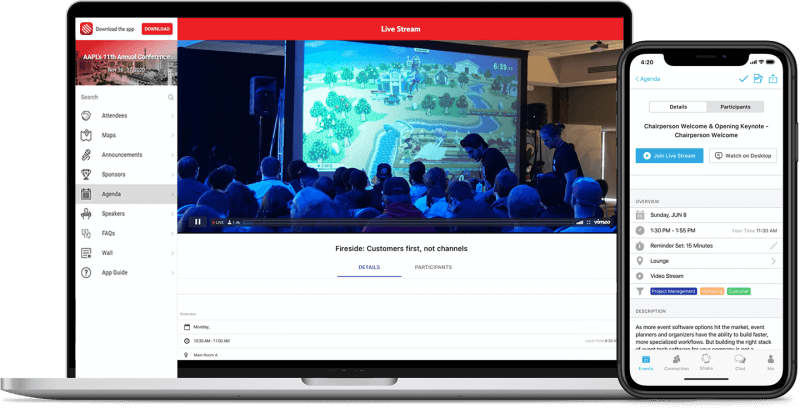The Fair Housing Act (Title VIII of the Civil Rights Act of 1968) originally introduced meaningful federal enforcement of laws guaranteeing that no person could be denied the ability to buy or rent a dwelling because of race, color, religion, sex, familial status or national origin.
Now the concept of fair housing has even broader reach, thanks in large part to institutional investors who entered the market at a time of distress and lack of capital available to smaller investment firms. These institutions’ investing over $25 million a week to purchase, renovate and re-position these distressed assets through a buy-and-hold strategy was revolutionary for the fair housing industry. Looking back at why Invitation Homes, Colony Homes, Waypoint Homes and American Homes for Rent entered this space and aggregated thousands of units, exiting with IPOs and successful securitizations, we see how their existence created a fairer housing market – specifically for smaller, “mom and pop” real estate investing businesses.
Today, housing is a big business – and business is good. As professional real estate investors, we go into multiple markets to identify opportunities, analyze market conditions and use our investment capital to turn a profit – simply put. With institutional investors having pivoted from aggregation to real estate finance, the small and medium-sized investors who remain in this space have access to capital, systems, processes and people that enable them to grow, develop and scale their real estate business while maintaining yield and capital preservation for the Wall Street funds.
This conversation on Fair Housing is not about the federal government applying rules and regulations, but instead it is about the broader concept of fairness. As private lenders we have a fiduciary duty to the investors – the women and men with boots on the ground in their local markets – to continue to innovate ourselves to provide the operators access to growth capital so they can enter the market with confidence, properly capitalized to create the change that we all want to see. Whether we are in Fort Worth, Texas; San Francisco, California; the inner city of LA; Jacksonville, Florida; or St. Louis, Missouri, there’s opportunity for transacting.
It’s now a fact that the presently active Wall Street firms have gained an appetite for consistent returns through debt leverage finance tactics, collaborating with Fannie Mae, Goldman Sachs and Wells Fargo. What is unique and fair about this approach is that it has driven the cost of capital down significantly for the actual operators on the ground and provided more options for the local private and regional lenders. The recent IPO of Blackstone’s Invitation Homes and Blackstone’s B2R merger with Finance of America and simultaneous acquisition of Jordan Capitals assets shows that this is a long play – not a short one – in this space, bringing fair and balanced opportunity to all parties involved in this asset class.

It is extremely appropriate now to capitalize on the housing market and also create societal change and empowerment along with positive returns. As members of the American Association of Private Lenders, we stand with a greater purpose in today’s market: to make capital more accessible, through manageable rates, extending the leverage beyond an operator’s balance sheet to empower the mom and pop operator to grow into an established business build.
We all are creating a better, fair market, whether you are a private investor with $50,000 to $5 million to place; a small team managing a pool of investor capital targeting consistent returns by providing capital to an operator in this space; or an institutional investor leveraging warehouse lines and creating spreads off a LIBOR to create market-ready opportunities and debt instruments to be traded on the securitization market.
We are capitalizing to create change. And we are creating a fair housing market to empower the smaller operators to buy distressed, discounted properties below replacement cost, giving them access to capital to build a business that adds value and forces redevelopment and revitalization, while making a solid return. That’s fair.
About the Author
Andy Williams is founder of Recon Realty, whose mission is to provide a platform for post-9/11 service personnel to use the real estate industry as a viable option for transition to civilian life. As a veteran-focused residential redevelopment firm, Recon Realty is deeply rooted in tactics and operational strategy, specializing in analyzing markets, identifying opportunities and acquiring real estate in growth markets.











Leave A Comment